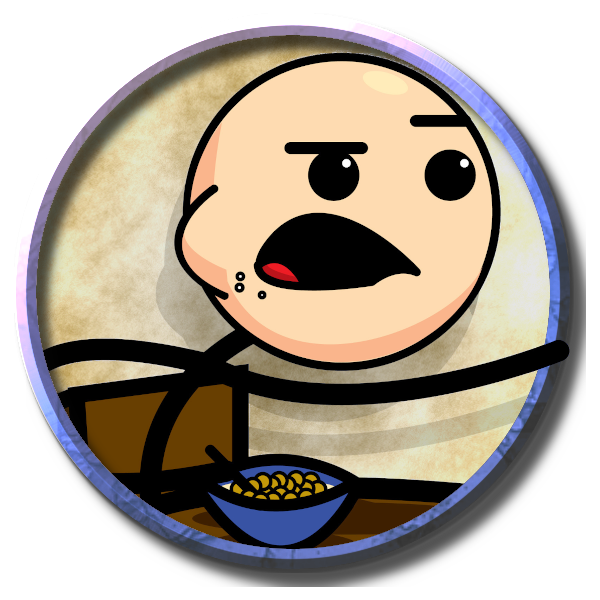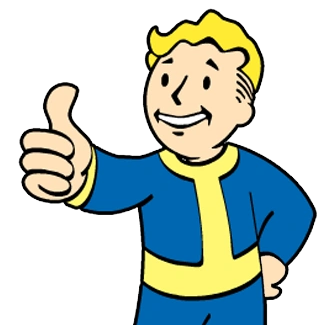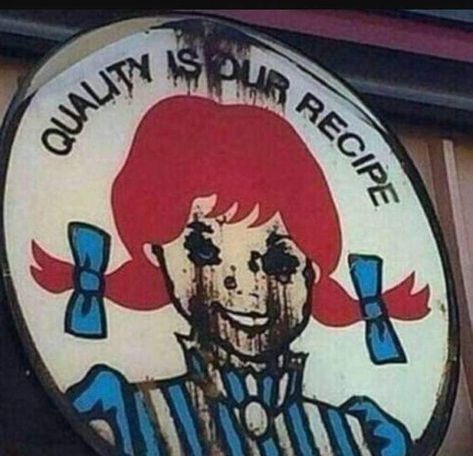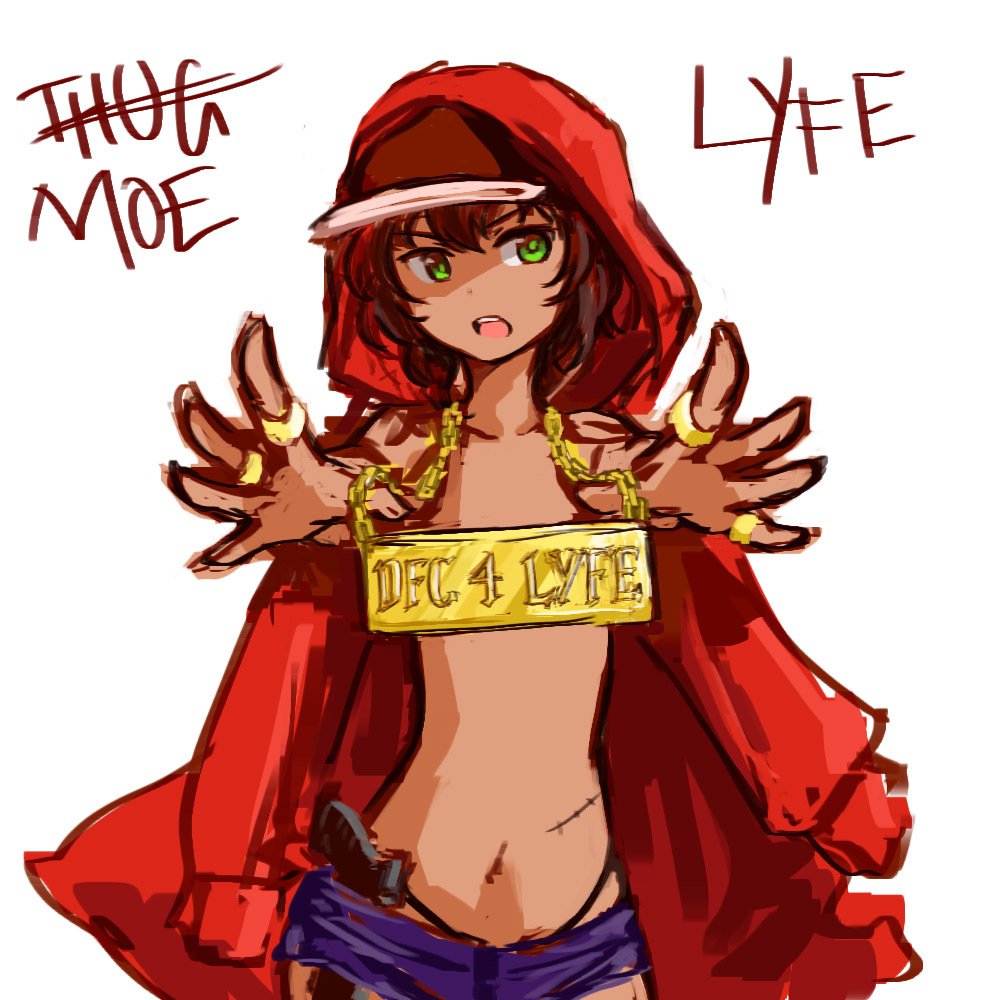Since my polymorph meme has only garnered three downvotes so far I thought I’d offer a bit more controversial take, and see if I can manage to stir the pot a bit with this one.
So this sent me down an absolute rabbit hole. As a DM there’s a few ways I’d consider to stop this being entirely game-breaking:
- You could argue that the only thing strength before death shows is that you can activate strength before death between hitting 0 and getting knocked out. A wizard is no samurai. Therefore concentration spells are not allowed.
- You could argue that life steal requires life to steal, and as such you can’t life steal yourself.
- You could enforce the requirement of the figurine required for vampiric touch, then engineer a scenario to remove it at a critical moment and see if they realise.
Personally I would instead depart from RAW and point out a version of option 2, but a lenient one. Something like “you can do this but you are sapping your very essence to do it. Every time you do it, you permanently lose 10% of your HP” or “every time you do this you increase the number of death saving throws you must succeed before you die”. Or my personal favourite: “every time you do this you perturb the very laws of nature. Nature is rather fond of its laws and so decides to perturb you right back. Roll on this table to see what happens.” and make the table include the above alongside a few other things and maybe a roll on the wild magic table.
In the end I enjoy ingenuity but the role of DM gives you a lot of latitude to… handle… those who believe they found a loophole.
Nature is rather fond of its laws and so decides to perturb you right back.
“Your character has started to understand and unlock the secrets of undeath. Do this again and you may need to find a phylactery quick, because each time moves you one step closer to becoming a lich”
It goes off but doesn’t heal you because the text specifically says
The touch of your shadow-wreathed hand can siphon life force from others to heal your wounds.
That’s flavour text.
The touch of your shadow-wreathed hand can siphon life force from others to heal your wounds. Make a melee spell attack against a creature within your reach. On a hit, the target takes 3d6 necrotic damage, and you regain hit points equal to half the amount of necrotic damage dealt. Until the spell ends, you can make the attack again on each of your turns as an action.
You are, in fact, a creature within your reach.
You’re a valid target for the spell, but the heal doesn’t trigger cause the target isn’t someone other than yourself.
deleted by creator
The mere act of including “from others” is all the proof required.
If Self was valid for the Siphon effect they wouldn’t have had to mention it at all, since Self is automatically included as a valid target unless otherwise stated.
I think that’s kind of a stretch. The range of the spell is explicitly “Self”, and the heal triggers off a hit dealing damage to the target.
If this kind of cherry-picking clauses worked, the Paladin “Breaking your Oath” sidebar would be meaningless. All an impenitent Paladin player needs to do is point to the first sentence of the Sacred Oath feature that says “[…] you swear the oath that binds you as a paladin forever.”
Also the fact that a redundant statement is included is not proof of anything. I’ve fielded similar arguments with someone who thought the “Casting the spell doesn’t remove it from your list of prepared spells.” clause in the Spellcasting feature of prepared casters was proof that all other methods of spellcaster deleted the spell after it was cast. Trying to explain that “A spell is a discrete magical effect, a single shaping of the magical energies” is not the same as one-time use only, the same way a sword being a discrete object doesn’t mean swinging the sword is a one time thing, is exhausting.
If we’re going strict RAW, the “from others” clause only affects life force, not HP. Spells don’t do more than what they say, after all. So you can take HP from others, but not life force.
Thanks to our natural language rules we can easily interpret Life Force as a synonym for HP
And it doesn’t say “you cannot fly”, yet it doesn’t make you capable of flying. This means nothing: The spell does only what it says it does and it quite clearly says “you can siphon life force from others”.
deleted by creator
That’s flavour text.
There is no concept of “flavour text” in 5e. If you believe there is, quote a part of the rules that says as such. In 5e, all of the spell description are rules and this has been debated many a times with the very same conclusion.
The touch of your shadow-wreathed hand can siphon life force from others to heal your wounds.
Doesn’t say “exclusively from others”. Without casting this spell you couldn’t do that normally.
It also says,
On a hit, the target takes 3d6 necrotic damage, and you regain hit points equal to half the amount of necrotic damage dealt.
No qualifiers about the target having to be a creature other than you. It just has to be a creature within your reach.
Also as regards:
As a DM there’s a few ways I’d consider to stop this being entirely game-breaking:
Do you also ban death ward and healing word? What about wizards who dip a level into virtually any other spellcaster or take a feat for a healing spell who can do this kind of thing without even having to make an attack roll or take necrotic damage?
Oh this is advanced pedantry.
Advanced Pedants and Portents 2
It’s not particularly pedantic to ignore the “from others” part
They’re not ignoring it, they’re focusing on the part that says they can siphon from others. It doesn’t explicitly say they can only siphon from others. RAI obviously wouldn’t allow it because hurting yourself to save yourself is ridiculous, they’re trying to say that RAW isn’t specific about this particular use case and therefore it’s OK. Which is… A stretch at best.
It specifically makes a point of saying “can siphon life from others to heal your wounds”.
So, Self is a valid target for the damage. However, the heal doesn’t occur because the target is not someone else.
If self was valid for the siphon there would be no reason to include the “from others” rider
It doesn’t explicitly say they can only siphon from others.
And it doesn’t explicitly say they cannot fly yet no sane person would infer that this spell makes you capable of flying. The spell does only what it says it does, otherwise you are still bound by all the base rules and limitations of the game, like not being able to willy-nilly siphon life force out of things without a feature that explicitly says you can.
Yes, thank you. 👍
Except it does say “from others”. Highlighting “can” just shows that this spell gives you the ability to do so. Another way of writing the text would be “The touch of your shadow wreathed hand gives you the ability to siphon life force from others”
The fact that it mentions others to begin with can’t be ignored though.
Essentially by including that gate in the spell we understand that Self is a valid target, but if target is self then heal does not occur.
There’s no need for the rest of the text to explain what has already been explained, it would be redundant.
I would rule of cool this to result in either instant death or not being downed, at least that way there’s high risk/reward.
There’s no need for that, wizards are strong enough as is. They can pick up cure wounds somehow and use that spell instead, and end up healing more.
Sure, but if someone at my table went full Jesse, I’d be inclined to not crush their fun.
I’d possibly go for it as well, Except there would be a downside to this approach.
They could grab magic initiate, or multiclass, to pick up cure wounds to heal more and it would actually work without having to ignore a part of the spell, or the RAI
DM says “That’s clearly not how the spell was ever intended to work and your explanation defies anything resembling common sense. You take two death save fails and lose the spell. Fuck off.”
Doesn’t say “exclusively from others”. Without casting this spell you couldn’t do that normally.
It also doesn’t say that you cannot fly yet that doesn’t mean it gives you a flying speed. The spell only does what it says it does: It makes you able to siphon life force from others. In any situation not explicitly mentioned in the spell you are still bound by all of the other game rules and as far as I know there is no rule that’d say you can go siphoning life forces from anything without an effect explicitly stating that you can do so.
The D&D rules do not run on a principle of “you can do absolutely anything except for what is explicitly forbidden”.
No qualifiers about the target having to be a creature other than you. It just has to be a creature within your reach.
You do not get to cherrypick which sentences of the spell description you read and follow. It does quite explicitly state “can siphon life force from others to heal your wounds”. There is no concept of flavor text in 5e, every word of a spell description is rules.
I mean, there’s always a way to houserule something to fix the broken rules. Unless you’re DMing an AL game.
Yup, in my experience the best way to beat a rules lawyer is to be a better and funnier rulemaker.
Unfortunately:
- half of zero is still zero, and
- since one can’t go below 0HP there’s no HP pool to take health from.
As someone who had to DM more than I’d like, no dice, mate.
You’re still dealing damage, e.g. it could kill you from the massive damage rule if you dealt enough. Vampiric touch counts how much damage you deal, not how much hp the target loses.
Okay, if we want to play it like that my ruling as DM is that as all your HP are vampic in nature and you’re feeding on the living, you’re now undead.
Probably a zombie.
Not to mention I’d allow on creativity and rule of cool. I want players like that in my table.
since there is no negative HP you are doing no damage past 0. So even if the spell hits it does no damage since there is no damage left to do, half of 0 is 0.
As I’ve pointed out in other comments there’s a specific rule for damage past 0 HP. It’s called “Damage at 0 Hit Points.” under the Death Saving Throws section, and it doesn’t say anything about it getting cancelled out.
Having DMed too much. Nope.
This is easily a rule as intended type of thing. If you hit someone else. Sure fine, this is actually awesome and very creative and totally in the spirit of the game.
If you’re just trying to break the game. Nope. RPGs aren’t about trying to pull apart the systems in place for a group of friends to have fun. Not at our table anyway.
Even the damage dealt thing is silly. Is argue you cant deal damage to something that is fully damaged.
This is easily a rule as intended type of thing.
Not just that, it’s also rules as written, Vampiric Touch explicitly states:
The touch of your shadow-wreathed hand can siphon life force from others to heal your wounds.
You can’t “hit someone else”* because of the stipulations in contingency. RAI I’m sure they don’t want you sucking the life from your left buttcheek to close up the mortal wound in your gut, but based on what they wrote, I haven’t found a solid contradiction to this plan in the rules-as-written.
Also you can deal damage to something that is fully damaged. There’s even a specific rule for “Damage at 0 Hit Points.” under the Death Saving Throws section.
That still doesn’t address vampiric touches life restoration RAI. Heck even RAW the spell says damage to others.
This is still a no go lol.
I haven’t found a solid contradiction to this plan in the rules-as-written.
If you read Vampiric Touch it’s literally in the first sentence:
The touch of your shadow-wreathed hand can siphon life force from others to heal your wounds.
Yeah, that’s not exclusionary, nor does it have any bearing on the two sentences necessary for the meme combo. In any other circumstance everyone would rightfully be calling BS on that kind of cherry-picking.
If someone were claiming:
“Well it specifically says favored enemy and you made friends with Bob’s Orc character last session, so you no longer have advantage to track him.”
or:
“Cavaliers also learn how to guard those in their charge from harm, […]“ You’re not the boss of this noble you’re escorting so you’re Protection reaction doesn’t work to save him.
they would be derisively ignored. And rightly so.
A statement explaining you can use the following ability for this typical use case, does not mean “THIS IS THE ONLY USE FOR THE FOLLOWING ABILITY! THIS USE AND NO OTHER!!“
*You might actually be able to hit them but the spell at least can’t effect them, so no damage, therefore no healing.
As a DM I don’t mind rules-lawyering, but you better be prepared for Consequences later on.
I am a big believer in the rule of cool and as long as everybody is having a good time, I don’t mind looking the other way if a player makes a creative interpretation of the rules.
…But you better believe I’m gonna spend some time thinking about what should happen thematically if your wizard starts draining their own death energy to revive themselves.
I like a number of the suggestions here. I think my “solution” here would be to let once slide. The second time, I hand the player a folded note informing them that the toes on their left foot didn’t come back with them, causing a visible limp, reduced movement speed and -1 to DEX.
…And we can build from there. Possibly start building a Final Destination style plan.
Cheating Death must have Consequences.
Suggestion: Lich Taint
They haven’t become a lich by any means, but they’ve been touched by the aspect of lichdom. Lich’s being rather territorial, they will be noticed by any others with associations to a lich, and that lich will be curious…the player will be investigated. If there is a reason for them to remain curious, expect an interview and serious questions.
Negative levels, although i wouldn’t allow it in the first place
RAI you definitely would not be able to target yourself. The spell description starts with: “The touch of your shadow-wreathed hand can siphon force from others to heal your wounds.” Technically this sentence is flavor only, but in this case it clearly reveals the intention of the designers.
RAW your meme still works, but I would restrict the spell to target only creatures other than yourself for the reason above. Only if the player has a really cool way to describe how to siphon your own life force and somehow convert it into more life force for yourself, I might allow it…
Not a problem, I’ll just grab some of the years from the end of my life and just kinda stuff them into the present to get me through.
Good as new without any downsid- why is my hair falling out?
“The contingent spell takes effect only on you, even if it can normally target others”
I don’t think the spell being intended to affect others is a problem here.
I don’t think there is any issue with a contingency being on knockout. It seems like a perfectly reasonable and intended trigger.
What is more of an issue is that the spell does require an attack roll. There is no RAW mechanic for allowing a hit, so I think to hit yourself you do have to successfully roll to hit. Knocked out means that a player is unaware of its surroundings, can’t move, and is incapacitated. I think even though the spell could otherwise trigger, the character doesn’t have the ability to compete the requirements needed at “spell engagement”, more on this later. Under this reading a DM could still allow it via rule of cool, but keep it mainly grounded with a con save to allow the attack and/or use disadvantage on the attack roll.
There is another way to read this, as contingency that says the spell is cast ahead of time, but doesn’t go into affect until the trigger. Above I had to use the words “spell engagement”, which I pulled out of my ass to say when the trigger went off. It could be argued that the attack is actually part of the spell casting. If so then the attack roll on themselves would occur before the knockout and that could let it work. Then the only question is does the damage occur up front or at trigger. I’d argue that if damage occured up front it’s a little more balanced, however if the trigger was if something like “immediately before I’m knocked out” (which I personally might require a check at casting for that kind of accuracy) I might let them keep the concentration on the spell as they take no damage and were never truly knocked out. If they take damage at trigger instead, then they were definitely knocked out, and if they were knocked before they were healed the spell went into affect when they couldn’t hold it up with concentration as they were out, so the spell is just one time healing, if valid at all as they were never able to concentrate.
Either way, this is not really op rule gaming, despite all the chicanery and hoop jumping. Contingency is sixth level and could work with a normal healing spell if they had one. It’s also very likely to not be huge in a fight with the best case being that it was prepared by a very high level wizard who long rested previous to battle. The minimal version requires level 11 wizard who is knocked out and comes back with an average of 10 HP (unless upcasting vampiric touch) and it’s not even their turn. The most op version for a level 20 wizard using a ninth level upcast of vampiric touch still only averages 31 HP. They stand a good chance to be hit by a second attack and downed again with the CR of creature they are likely fighting at these levels, and this trick is only really decent once a battle.
This is the reason I only DM barebones frameworks like Mini6. No rules lawyeringˆˆ
Where is the extra HP coming from tho
Vampiric touch counts how much damage you deal, not how much hp the target loses.
It’s definitely a flavor fail, but unless you houserule in a cap to damage dealt at 0 hp, (and houserules for how to handle massive damage and the rules for being dealt damage at 0 hp that would be affected,) there’s not a limit to how much hp you gain based on the hp of the target.
What about lore-wise?
Seems like you can target yourself but it can only heals “From others”.
The failed death save. Kinda. But that’s how I would see and rule it.
I would recommend somewhere non-vital, for instance, left buttcheek.
I’d allow it, but instead of HP damage, you take as many levels of exhaustion.
- You take damage that reduces you to 0 Hit Points and fall unconscious
- Contingency triggers and Vampiric Touch takes effect
- Vampiric Touch is lost beacuse you lose concentration on a spell if you are incapacitated
You trigger after you take damage but before you fall unconscious, like numerous other triggers in the game. I just used the Strength Before Death example because it shows even without magic there’s enough time to squeeze a whole ass turn in between those two events.
You trigger after you take damage but before you fall unconscious, like numerous other triggers in the game.
I fail to see how that’s supported by RAW. If damage reduces you to 0 hit points and fails to kill you, you fall unconscious.
The fact that a Fighter subclass gives you an ability to act otherwise doesn’t affect this, any more than you could say you stay conscious at 0 because Zealot Barbarians can do it. You don’t have that ability. You’re unconscious or dead when Vampiric Touch triggers. Vampiric Touch fails.
deleted by creator
I’d allow it, but instead of HP damage, you take as many levels of exhaustion.
Thats why you give exhaustion for revival without stabilisation.








